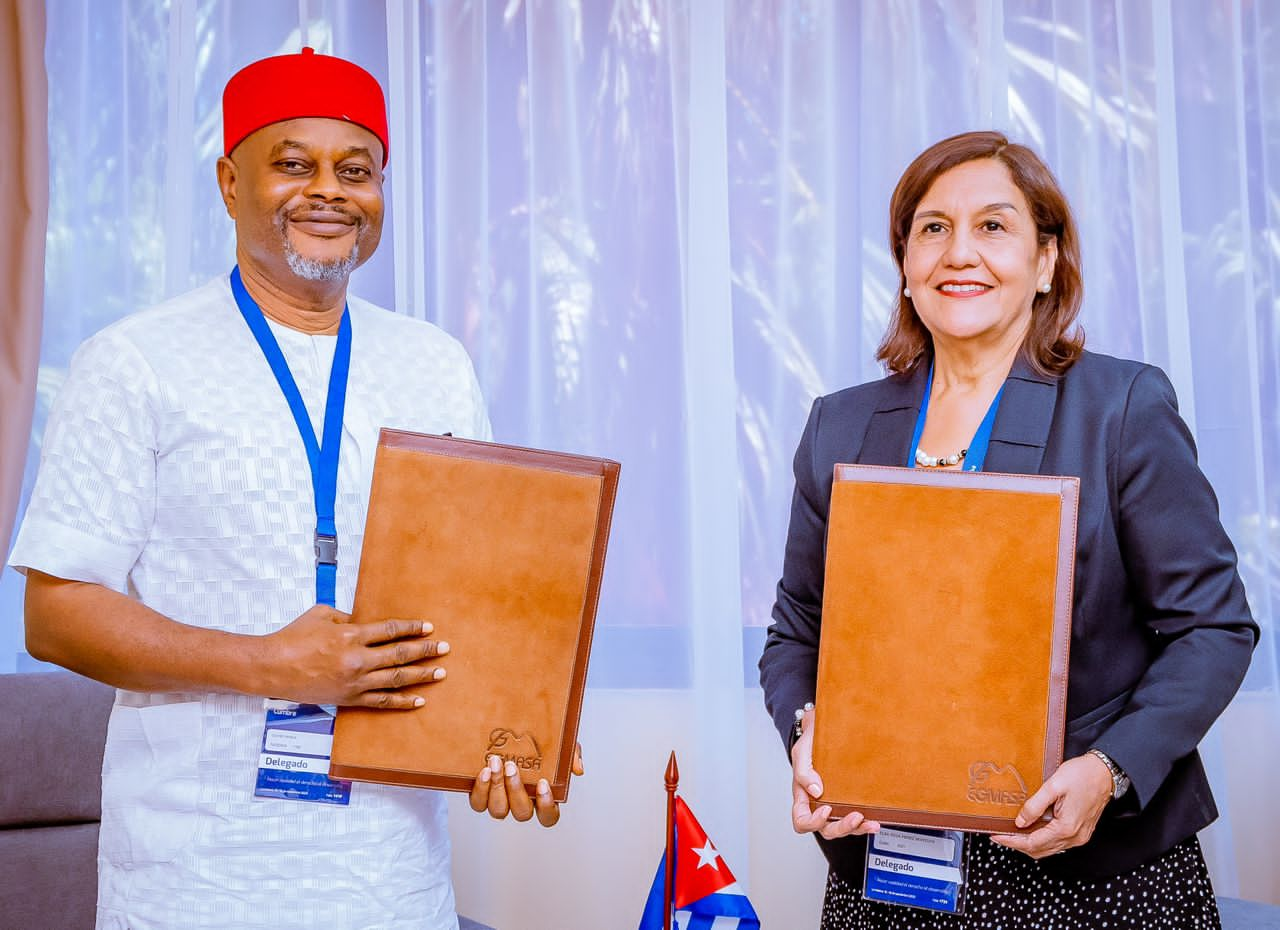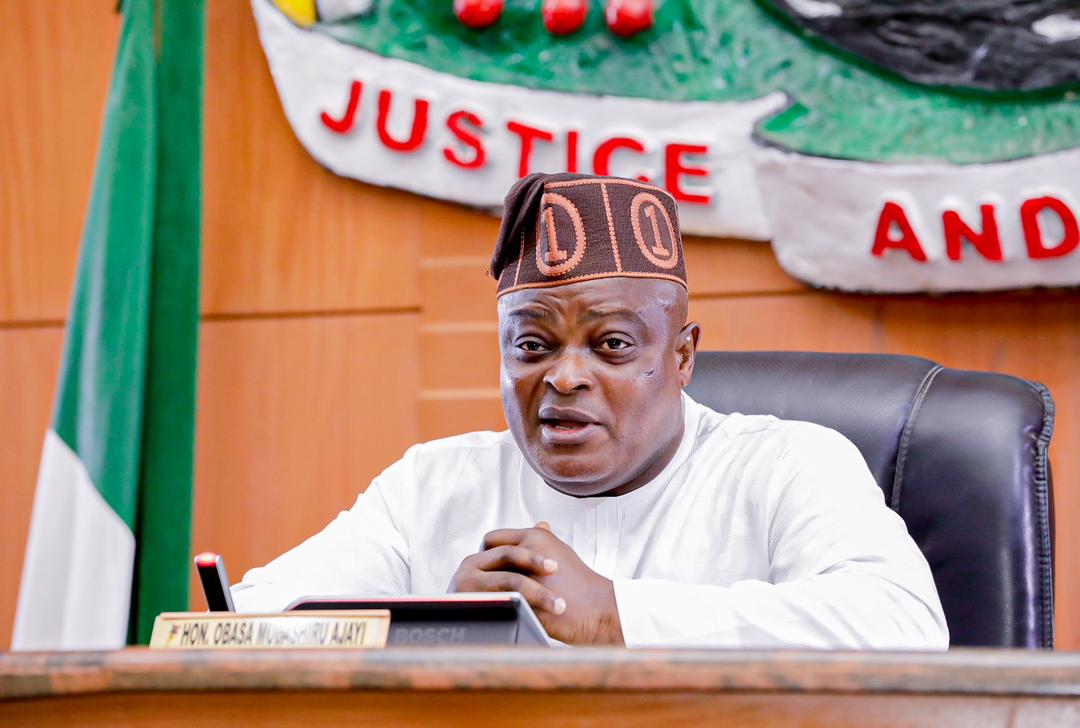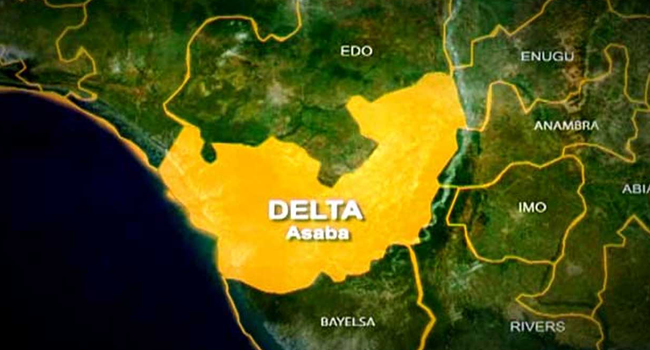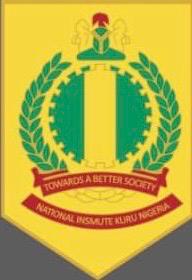My mum forcing me into prostitution, Delta schoolgirl alleges
A 15-year-old school girl in Delta State, Emmanuella Monday, has cried out for help from her hideout, after escaping from a man who her mother allegedly gave her to, urging relevant authorities to rescue her from her ‘abusive’ mother who she accused of allegedly trying to force her into child prostitution in exchange for money.
Emmanuella, who claims to be in Senior Secondary School 2 at Triumphant School, Effurun, in Uvwie Local Government Area of Delta State, alleged that her biological mother had contracted her to unnamed men to take sexual advantage of her.
This was contained in a video sighted by our correspondent in Warri where the girl specifically stated that her mother took her to meet a man in a hotel on Sunday and thereafter eloped after dropping her off with the man.
Emmanuella said, “My mother has been taking me to men. And last Sunday, after church, she took me to meet a man in a hotel. She left and said that she was coming back. She did not come back till the evening, and left me there.”
Emmanuella told PUNCH Metro that her mother took her to one Beeland Hotel at Orhuworun Road, Udu Local Government Area of Delta State “to meet an Aboki man and said she was coming back, and till it was late, she didn’t return.”
The girl informed PUNCH Metro that she however “managed to escape from the hotel room, when the Aboki man went to have a bath.”
But she deposed that she consequently became infuriated and refused to go back to the house.
She added, “So, on getting out of the hotel room, I did not go to the house again. I managed to find my way to a friend’s house and stayed with that family overnight. On Monday morning, I went to school and reported the matter to my teacher. And my teacher said she was going to do something about the matter.”
Emmanuella added, “This is not the first time my mother is taking me out to go and meet different men. And she is always concerned about me and marriage.”
When contacted on the phone, Emmanuella’s mother, Mrs. Eunice Asulie, told our correspondent that her daughter had been missing from home, adding that she had “been searching for her.”
She said, “My daughter, Emmanuella, has been missing for days and I have been searching for her everywhere and could not find her. I don’t know her whereabouts. I am looking for her.”
Speaking further, the mother stated that she had reported the matter to the police at the division close to them and the police were also searching for her.
The proprietress of Triumphant Schools, Mrs Magareth Oghuvwu, explained how Emmanuella got to school on Monday amidst sobs, narrating her ordeals in the hands of her own mother who, she said, wanted to force her into prostitution.
Oghuvwu posited that the school management thereafter contacted law enforcement agents on the matter.
@PUNCHNG

 Business6 months ago
Business6 months ago
 Business5 months ago
Business5 months ago
 society7 months ago
society7 months ago
 celebrity radar - gossips7 months ago
celebrity radar - gossips7 months ago
















